Top 5 tips of how to generate electricity at home for cheaper bills
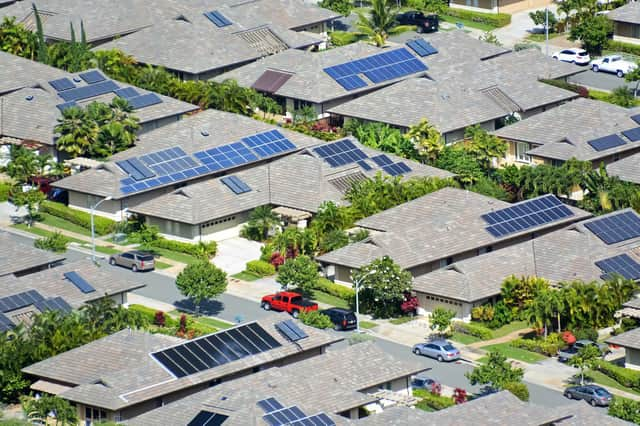

Generating you own power
During these hard times, we all have to re-evaluate our energy use.
So, it would be fair to say that the increase in Energy prices will give those businesses/individuals who have been sitting on the fence a gentle push towards generating their OWN energy particularly in the form of electricity.
Advertisement
Hide AdAdvertisement
Hide AdThat’s why the team at Point Electrical - www.pointelectrical.co.uk - found the best ways to generate energy at home.
Solar
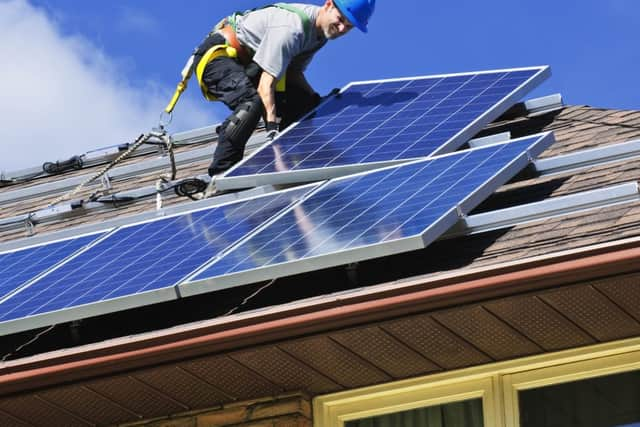

Installing solar panels have become a far more lucrative option for homes and businesses.
This is thanks to a combination of the falling cost to install them and the rise of energy prices. Despite the high upfront costs, these panels can last for over 20 years.
The ideal location for these panels is on a slanted, south-facing rooftop. You will need to check that there are no trees or other obstructions that will block out sunlight.
Advertisement
Hide AdAdvertisement
Hide AdWhen the sun is shining, you’ll use the electricity you generate to run your appliances. But if you have more than you need, the surplus will be fed back into the grid.
You’ll then buy electricity back from the grid at night when you need it. An alternative solution is to install batteries in your home and use that generated electricity at night.
Wind
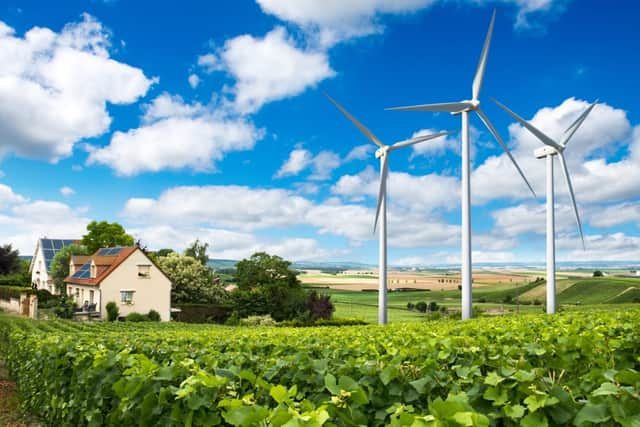

Access to sufficient wind is hard to come by. However, if you live in a rural area, that is exposed to high amounts of wind then installing a wind turbine might be economically viable for you.
The best location would be somewhere without any trees or buildings. It would need to be on higher ground and preferably on the coast.
Advertisement
Hide AdAdvertisement
Hide AdUrban areas are not viable at all. Whilst it may feel windy, what you are actually experiencing is turbulence. Turbulence isn’t easily picked up by wind turbines, so it is not as cost-effective.
Whilst wind turbines can share land space, one will usually do the trick. However, if you were to expand and generate more electricity than you need then you can give it back to the grid.
Hydro
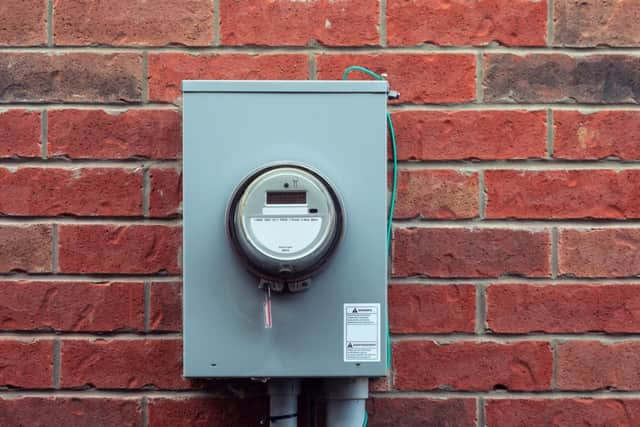

If your property has running water, you can tap into alternative energy to generate cheap electricity. All you need to do is allow the flowing water to turn a small turbine. This will produce electricity for your home. Doing this is far more complicated than either wind or solar as you are severely limited by your geography.
Biogas
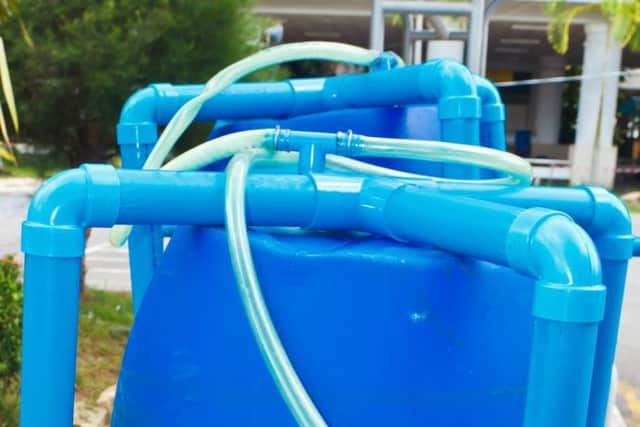

To power your home with biogas you will first need to get yourself a generator that specifically burns biomass. These generators will burn any biomass you deposit to produce electricity for your home.
Batteries
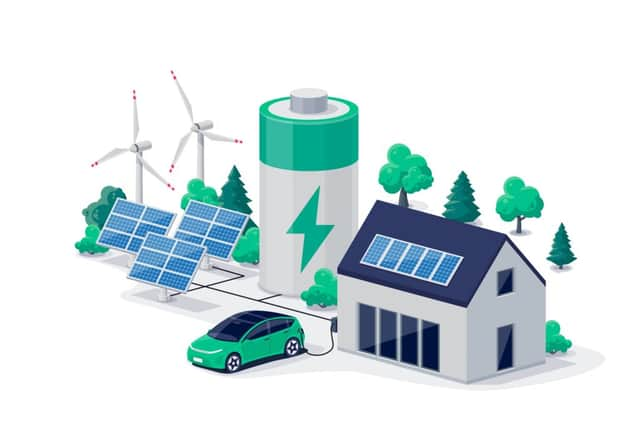

Advertisement
Hide AdAdvertisement
Hide AdRather than generating any electricity at all, it may be worth storing electricity in batteries whilst the rates are lower and night, then run your house off of them during the day.
While not as much of a saving as the other methods, you are still saving some money each and every day.